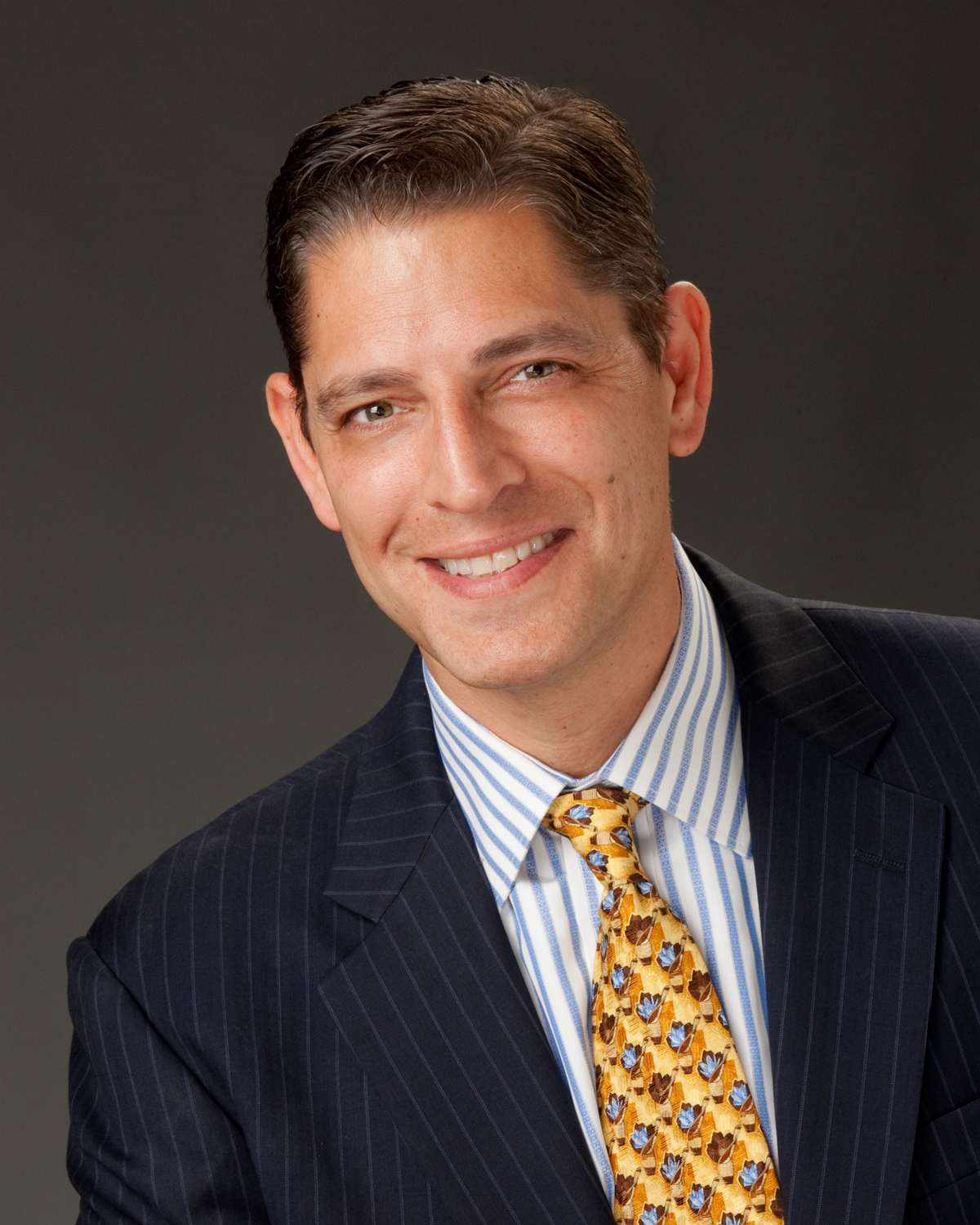In my book, The Layman’s Guide To Surviving Cancer, I discuss an issue that touches most cancer patients at some point, either at their initial diagnosis or somewhere along the way on their road to survival: “Why me?” It’s a question that affects us on numerous levels. In an initial sense, “why me” asks why cancer happened to us. We wonder what we did to “cause” it and perhaps have a sense that we don’t “deserve” it. On a more reflective, later level, the question becomes more purpose-driven. “Why me” evolves to focus on “what can I do with what has happened to me that will make me a better, more complete, more compassionate person.”
Many doctors and other cancer authors shy away from the “why” of cancer. They feel that a patient’s focusing on “why me” may lead the patient to blame themselves for getting cancer or feel that, having “brought it on,” there is nothing they can do to overcome it. My approach is different. I say, “bring it on.” If asking ourselves why we got cancer helps lead us to a healthier, more mindful lifestyle, “why me” is a good question to ask and answer. And if the question focuses on what we can do in the wake of cancer to create a better life not only for ourselves but for others, all the better. And, in fact, although there are certain activities or lifestyles that may lead to certain types of cancers, the reality is that, for many cancers, there is no specific pinpoint and they may depend on environmental or genetic factors over which we have no control, so there’s no reason to beat ourselves up over whether something we did caused our cancers.
A recent study supports the idea that, in fact, for many cancers, getting them is a haphazard process. Researchers at Johns Hopkins have determined that most adult cancers result from random mutations that take place when cells divide. You can read about this study here. http://www.aol.com/article/2015/01/01/bad-luck-to-blame-for-two-thirds-of-cancer-cases/21123411/. In other words, while an anti-cancer lifestyle is always a good idea and has been shown to reduce the risk of certain cancers, diligence, listening to our bodies and early detection can be keys to long term survival. What definitely does not help, however, is blaming ourselves.
In healing,
Howard

